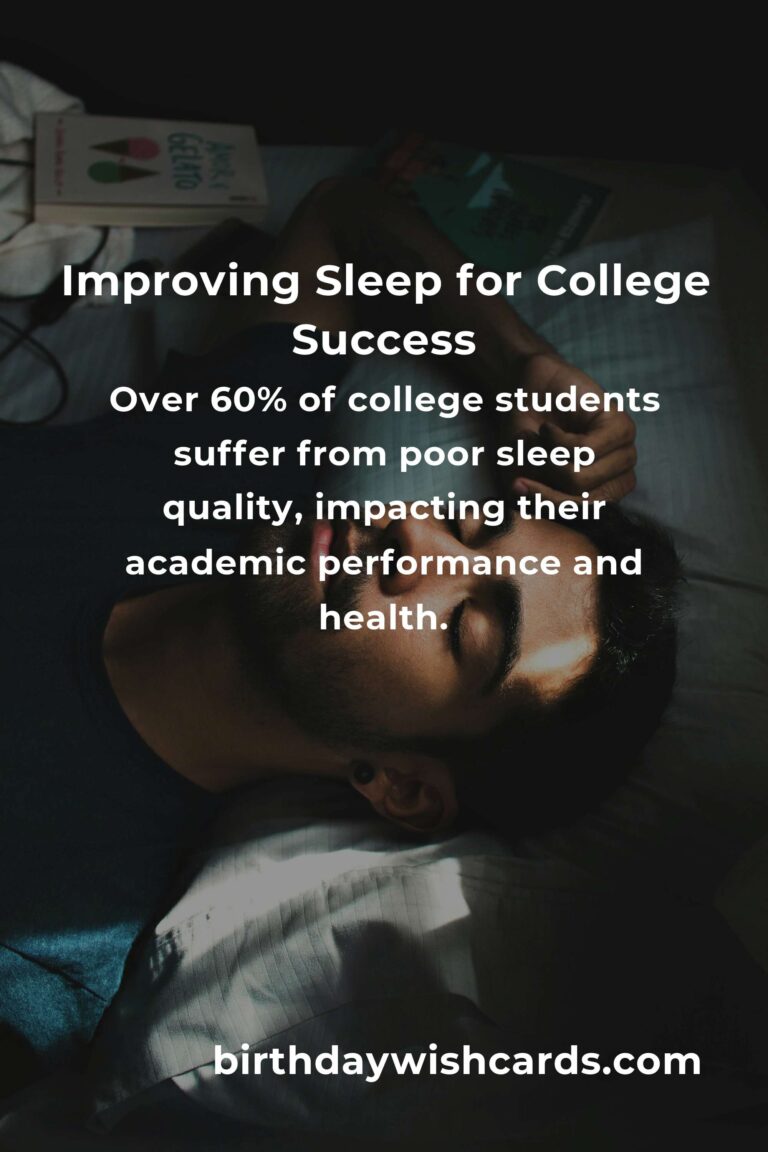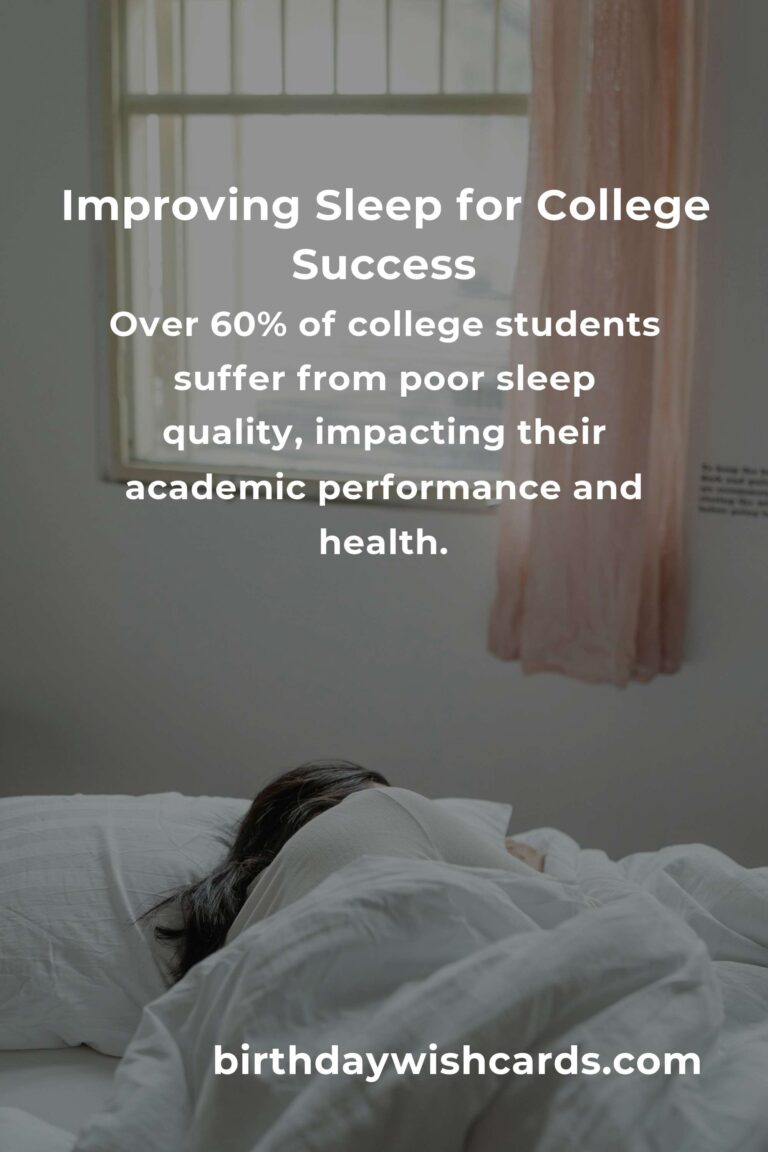
In the fast-paced world of college life, maintaining a high quality of sleep is essential for academic success and overall well-being. As we step into 2025, the challenges faced by college students regarding sleep have evolved with technology, lifestyle changes, and increased academic pressures. This comprehensive guide aims to help students navigate these challenges and enhance their sleep quality effectively.
Understanding the Importance of Sleep
Sleep is a critical component of physical health, mental clarity, and emotional well-being. For college students, adequate sleep is directly related to improved cognitive function, better mood regulation, and enhanced memory retention. However, according to recent studies, over 60% of college students suffer from poor sleep quality, impacting their academic performance and health.
Factors Affecting Sleep Quality
Several factors contribute to poor sleep quality among college students. Understanding these can help students take proactive measures:
1. Irregular Sleep Schedules
The inconsistent sleep patterns often adopted by college students due to late-night study sessions, social activities, and part-time jobs can disrupt their circadian rhythm.
2. Technology Use Before Bed
The use of electronic devices such as smartphones and laptops before bedtime emits blue light, which can interfere with the production of melatonin, a hormone crucial for sleep.
3. Stress and Anxiety
Academic pressures and personal challenges can lead to increased stress and anxiety, making it difficult for students to fall asleep or achieve restful sleep.
Strategies to Improve Sleep Quality
To combat these challenges, college students can adopt the following strategies to enhance their sleep quality:
1. Establish a Consistent Sleep Schedule
Going to bed and waking up at the same time every day helps regulate the body’s internal clock, promoting better sleep.
2. Create a Relaxing Bedtime Routine
Engage in calming activities such as reading, meditation, or listening to soothing music to signal your body that it’s time to wind down.
3. Limit Exposure to Blue Light
Avoid using electronic devices at least one hour before bedtime. Use applications that reduce blue light emission or switch to night mode.
4. Manage Stress Effectively
Incorporate stress-reducing practices such as yoga, deep breathing exercises, or journaling to alleviate anxiety and promote relaxation.
5. Optimize Your Sleep Environment
Ensure your sleeping environment is conducive to rest by keeping it dark, cool, and quiet. Consider using blackout curtains, earplugs, or a white noise machine if necessary.
The Role of Nutrition and Exercise
Nutrition and physical activity play a pivotal role in sleep quality. Consuming a balanced diet rich in sleep-promoting nutrients, such as magnesium and tryptophan, can aid in achieving restful sleep. Regular physical activity, even as little as 30 minutes a day, can significantly improve sleep patterns.
Conclusion
Improving sleep quality is a crucial step for college students aiming to optimize their academic performance and overall health. By understanding the factors that affect sleep and implementing practical strategies, students can cultivate better sleep habits and enjoy the myriad benefits of restorative rest. As we embrace the changes that 2025 brings, prioritizing sleep remains a timeless and essential foundation for success.
Sleep is a critical component of physical health, mental clarity, and emotional well-being.
Over 60% of college students suffer from poor sleep quality, impacting their academic performance and health.
Irregular sleep patterns, technology use before bed, and stress are major factors affecting sleep quality.
Establishing a consistent sleep schedule and a relaxing bedtime routine can improve sleep quality.
Nutrition and physical activity play a pivotal role in enhancing sleep quality.
#SleepQuality #CollegeLife #StudentHealth #SleepTips #2025

